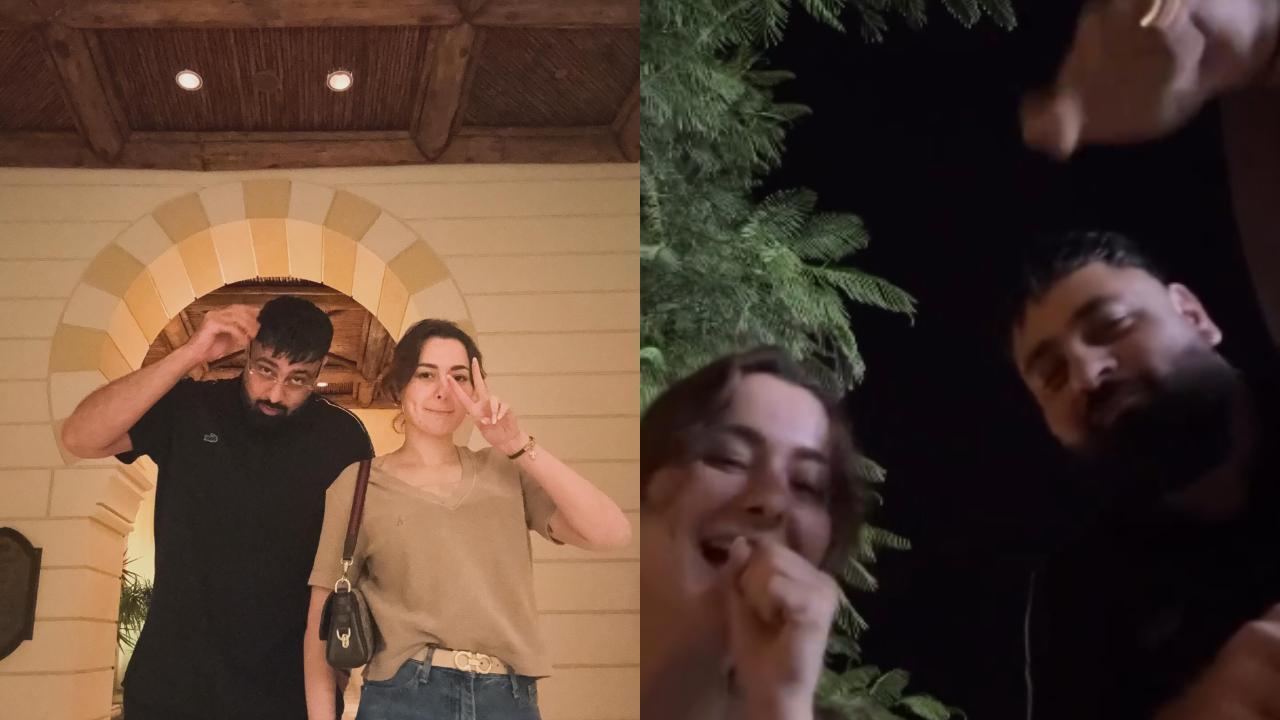
Gulshan Devaiah, known for his role in the 2023 release “Guns & Gulaabs,” has embraced a demanding dietary regime that involves consuming just one meal a day. This method of eating, termed the One-Meal-A-Day (OMAD) diet, falls under the umbrella of intermittent fasting. Intermittent fasting itself has garnered a following worldwide and has various incarnations, ranging from the popular 16:8 method to more restrictive versions, like OMAD. While the dieting community remains split on the long-term efficacy and health impacts of such stringent fasting methods, they have undoubtedly captured the interest of those willing to experiment with their eating patterns, including the Bollywood actor himself.
Devaiah has embarked on a rigorous daily routine where he fasts for 20 hours and allows himself a window of four hours to have a nutritious and hearty meal. Despite the challenges it presents, the actor has found that the strict diet positively impacts his professional life, providing him with increased vitality and mental clarity. “Taking on the 20-hour fast was driven by my will to challenge personal boundaries and better my health, as well as my performance both in my personal life and on screen,” Devaiah explained. He believes that by adhering to a disciplined schedule, albeit a tough one by conventional standards, he has noticed a significant boost in his overall energy levels and focus, which has helped him in his acting career.
Devaiah’s journey with OMAD started in 2018, although the initial phase saw him unable to stick with the diet. However, he didn’t give up and has since modified his OMAD approach, cutting out certain foods and seeking to maximize the benefits of this extreme form of intermittent fasting. He is transparent about his process, acknowledging that his main meal is quite substantial and lasts approximately an hour, often consisting of a balanced mix of fruits, vegetables, protein sources like meat and eggs, and carbohydrates.
The actor emphasized that his attempt to maintain this diet doesn’t entirely eliminate the occasional indulgence in a small snack, yet his principal focus remains on the significant meal that he enjoys once a day. He compared this to his previous dietary attempts, which involved meticulous calorie counting or strict portion control—methods he found unsustainable in the long term. Devaiah put forth that the beauty of eating once a day is the natural portion control it imposes. He feels one can still relish in their meals—a pleasure many diets tend to diminish—which has supported him in maintaining consistency.
Devaiah’s public endorsement of OMAD may intrigue and potentially motivate others to consider this lifestyle. Yet, despite the anecdotal evidence from enthusiasts like Devaiah, it’s important to note that experts in nutrition often advise against extreme diets for the average person. Health professionals typically emphasize that such strict eating patterns may not be suitable for everyone and require thorough understanding and management to avoid potential negative health outcomes. It is essential to consult with healthcare providers before undertaking drastic changes to one’s eating habits, especially when it involves lengthy periods of fasting.
The ongoing debate surrounding the OMAD diet is fueled by the dichotomy of personal experiences shared by practitioners like Gulshan Devaiah and the cautious skepticism of the medical community. Regardless of its controversies, it’s clear that the OMAD diet has offered Devaiah a strategy that works for him personally and professionally. As with any diet, the results are individual and should be approached with care. Whether OMAD will stick as a feasible long-term lifestyle choice for many has yet to be determined, but it certainly casts a spotlight on the myriad ways individuals are tackling health, fitness, and life’s demands.










